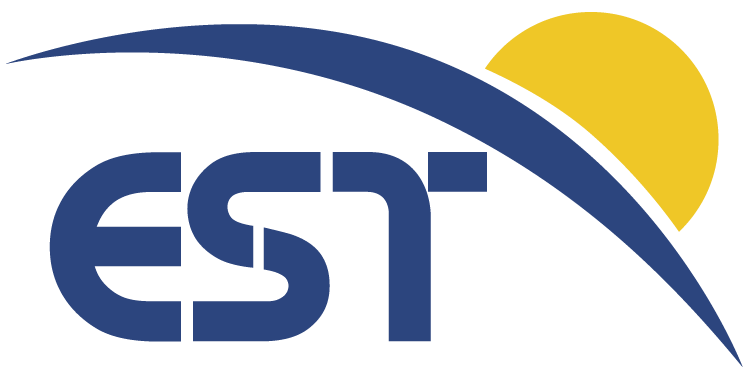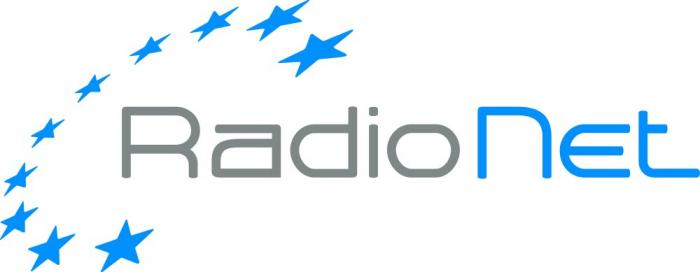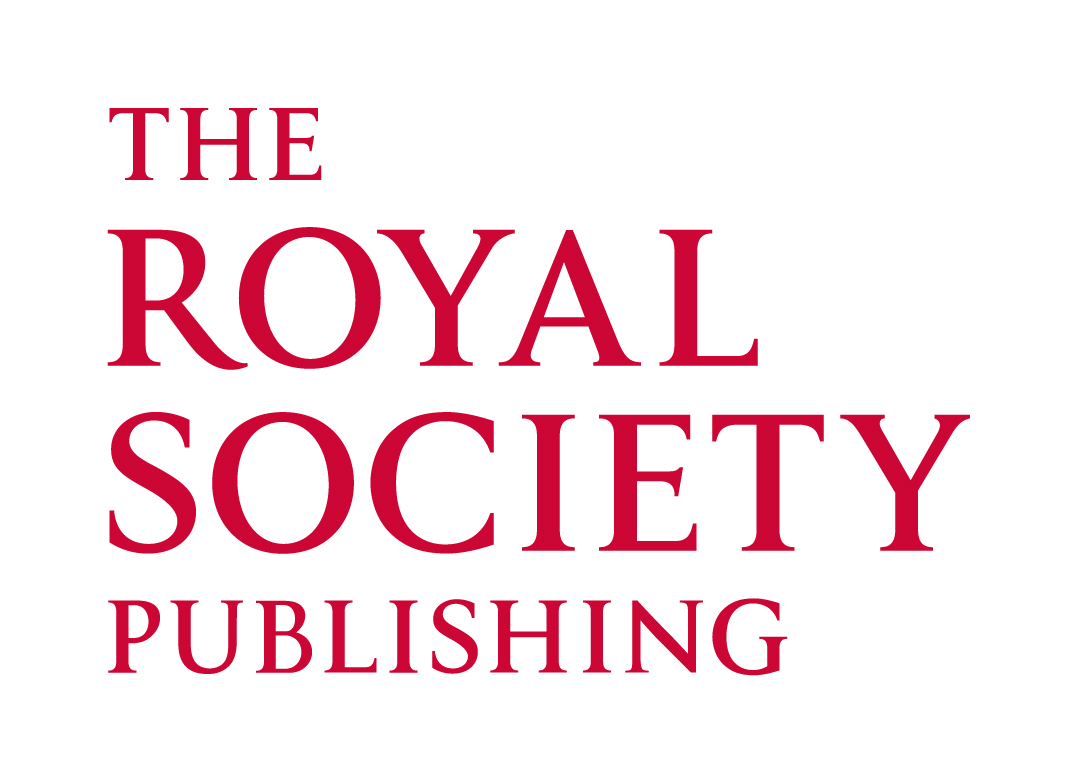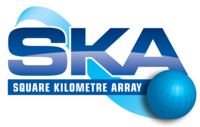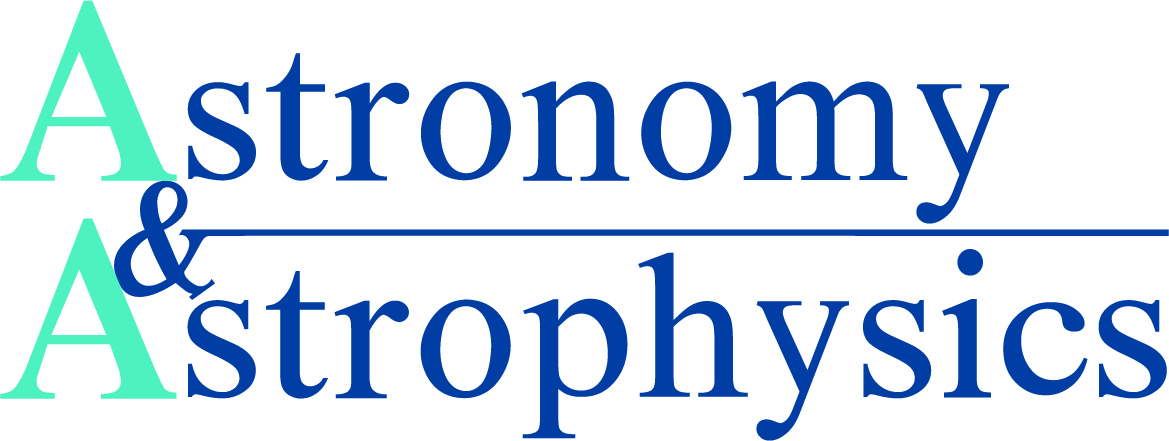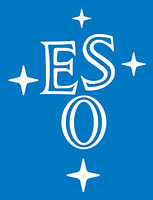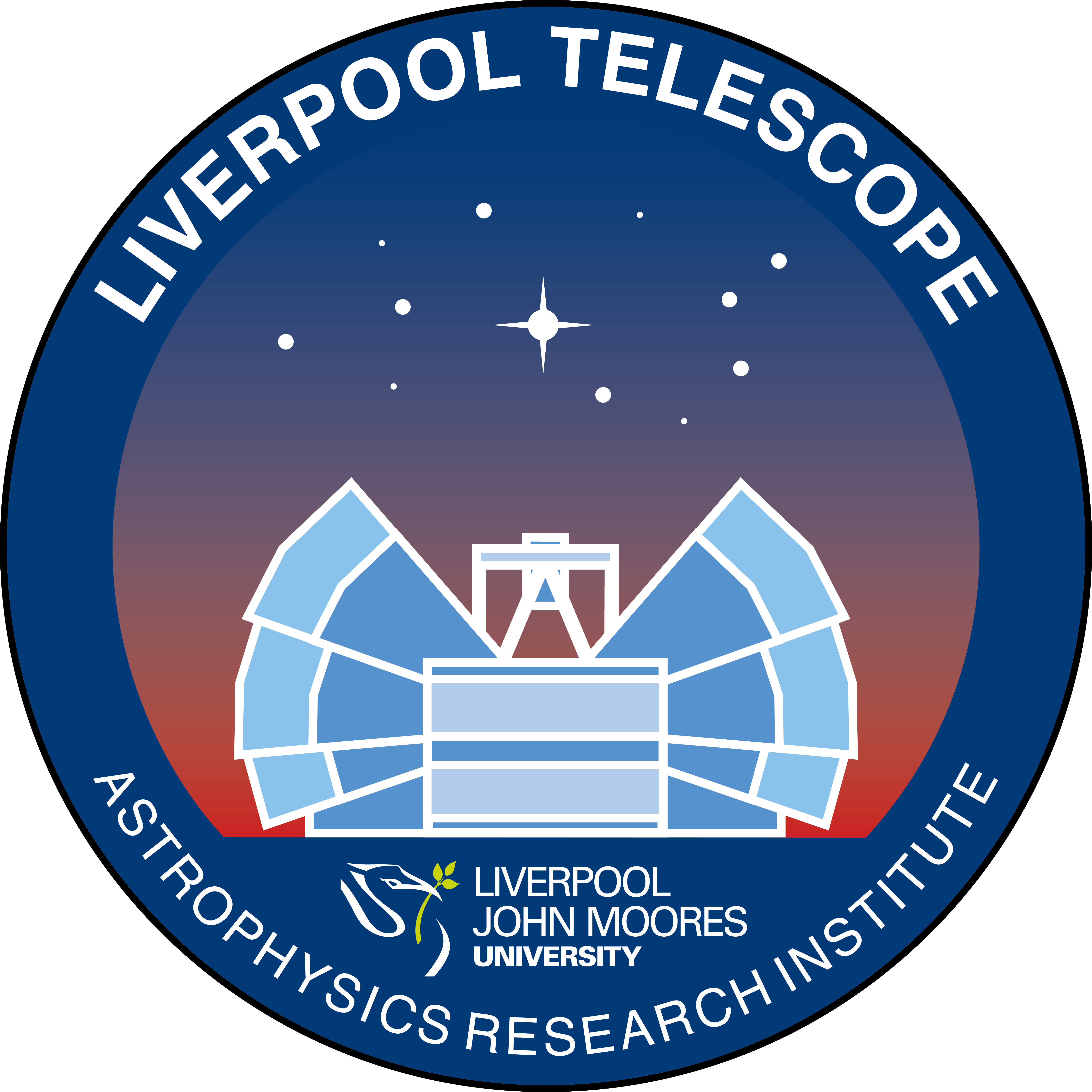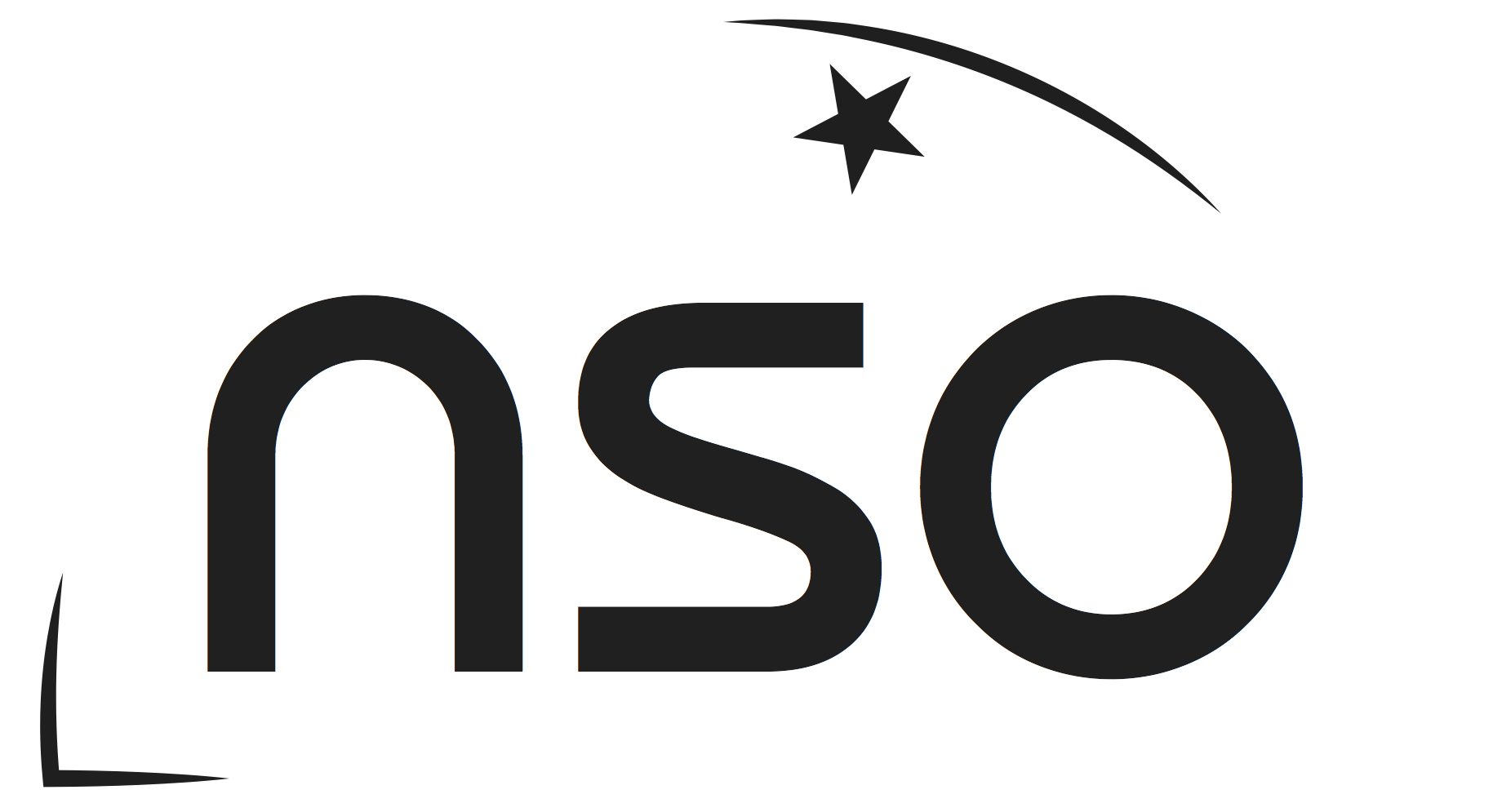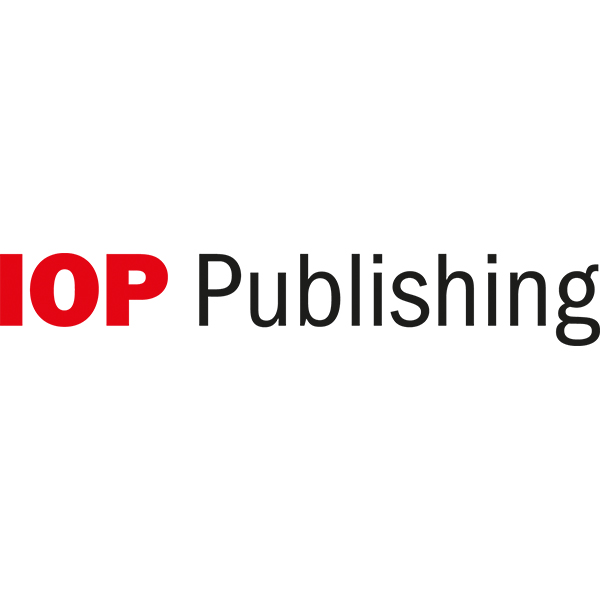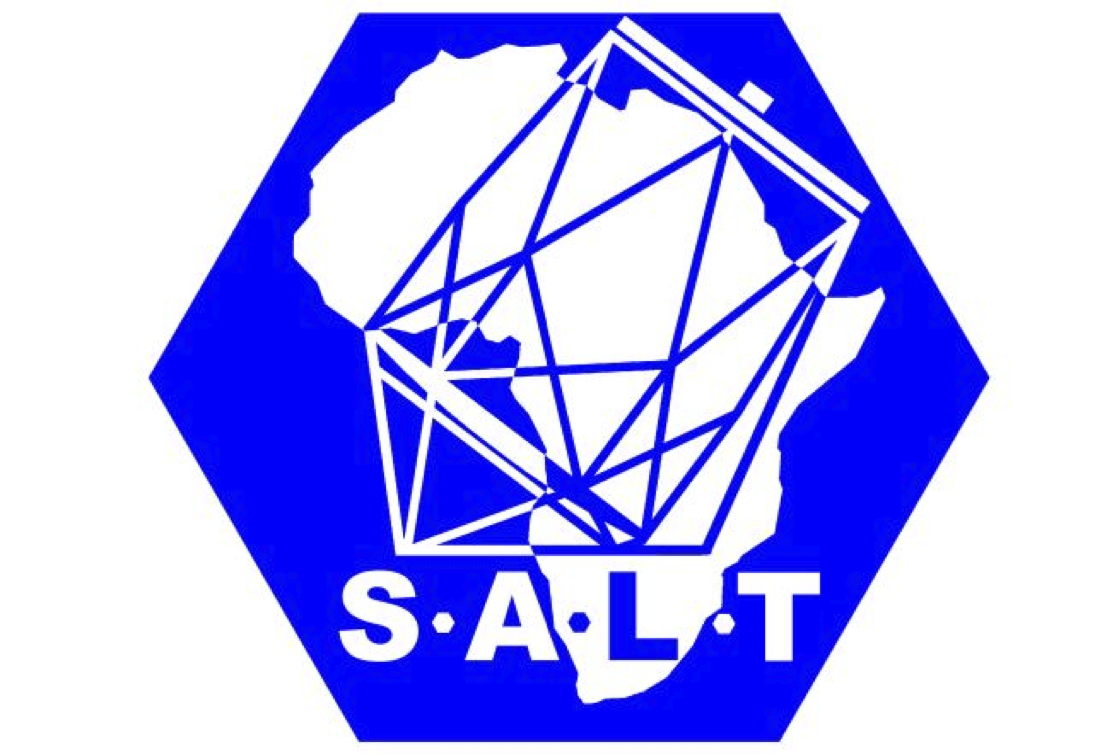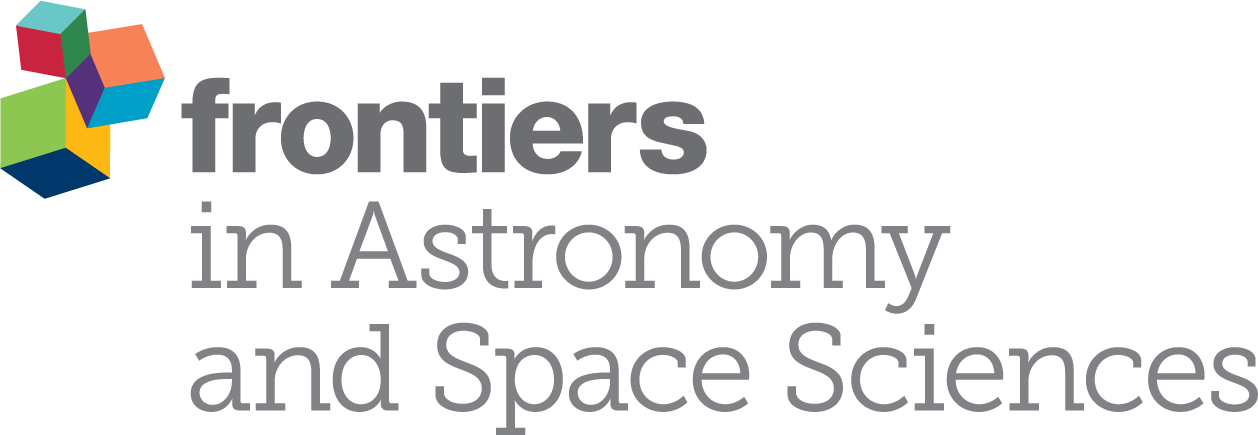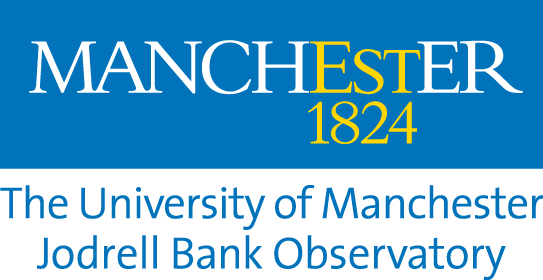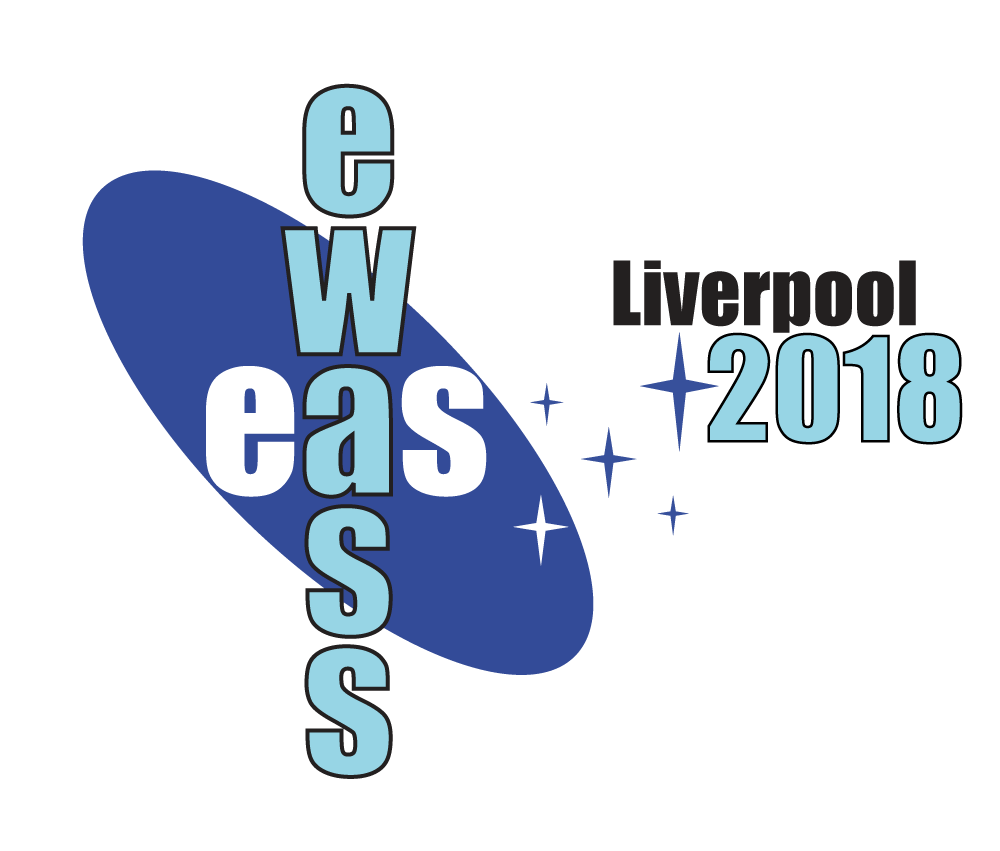
|
Special Session SS23
5 April 2018
Reflection on European - African research collaborations in astronomy and space science: opportunities, achievements, challenges, and needsNews:
The situation in African countries regarding the development of both astronomy and space science (A&SS) has changed significantly over the last few years. Until recently, South Africa was almost the only reference in Africa, but beside its own scientific development it has participated actively in the human capacity building of the African population through a wide variety of programmes (e.g., NASSP, AIMS, and lately SKA). For most of the international community South Africa is still the major player regarding scientific activities in A&SS in Africa. However, over the recent past years many other countries have begun research activities in A&SS, opened new MSc and PhD programmes at their universities (e.g., Uganda, Rwanda, Ethiopia, Kenya, Madagascar, Ghana, Sudan, Nigeria, etc.), and started from scratch with developing new research centers and technological facilities (e.g., Egypt, Nigeria, Algeria, Ghana, Ethiopia, SKA-African partners, etc.). Moreover, in line with the UN Post-2015 Development Agenda, the African Union (AU) is now working on a strategic plan for developing space science (including astronomy) and technology in the entire continent and using it for the development of African countries and for improving some of the main African socio-economical and environmental challenges. Many achievements have been realised, but still there are many difficulties, challenges, and needs. Therefore, strengthening the exchange of knowledge and experiences with international institutions and research groups, and promoting new partnerships and collaborations (such as the recent EU-Africa partnership in radio astronomy) is very much needed at this moment and can be beneficial for all. We believe that the international scientific community is still not aware of all this recent development of A&SS in Africa, the future plans that the continent has, nor the currently opened space for new collaborations and joint projects.
Programme
Invited speakers
Scientific organisers
Contact Updated on Wed Mar 21 10:30:23 CET 2018
|
||||||||||||||||||||||||||||||||||||||||||||||||||||
|
EWASS 2018 : European Week of Astronomy and Space Science |
|||||||||||||||||||||||||||||||||||||||||||||||||||||
 A power cut will shut down all EAS services on Tuesday, 10 January 2017 starting at 7:30 CET.
A power cut will shut down all EAS services on Tuesday, 10 January 2017 starting at 7:30 CET.






